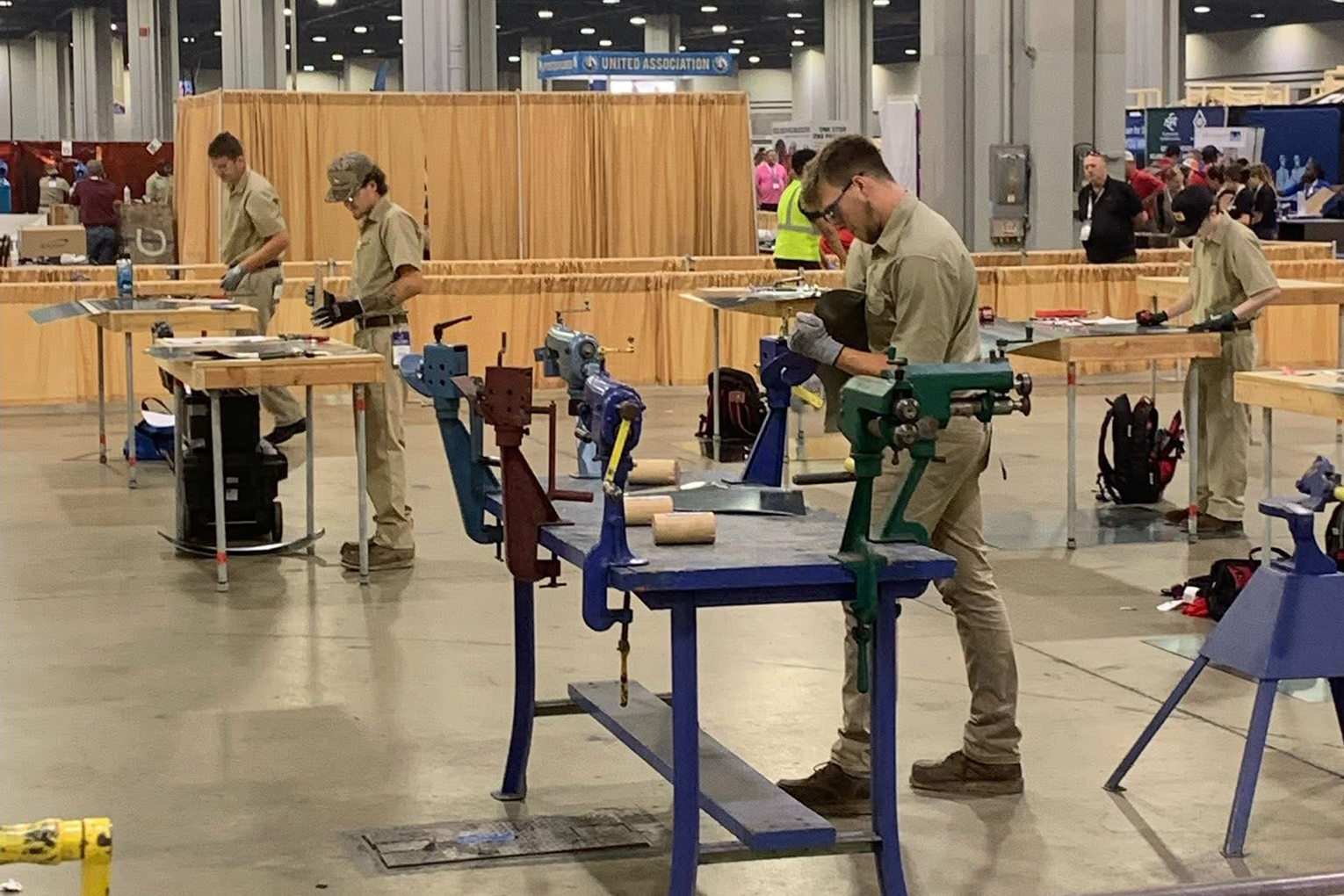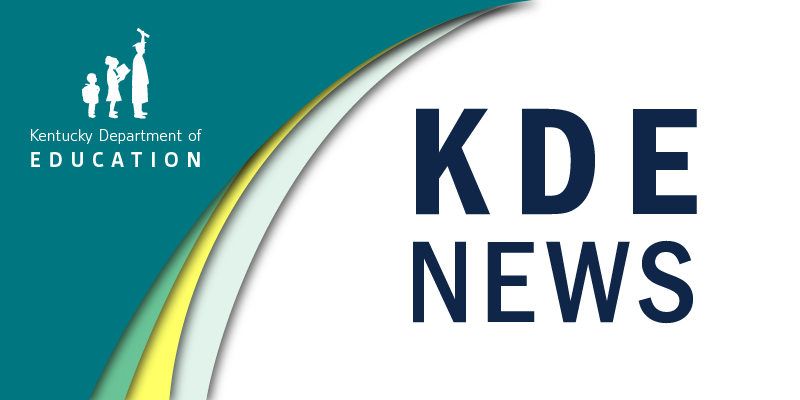From NSBA
As educators across the nation increasingly incorporate 21st-century skills into instructional strategies, they believe the federal government should support the development of new assessment models that effectively measure those skills, according to school district leaders surveyed prior to the National School Boards Association (NSBA)’s Technology and Learning Conference.
More than 35 percent of respondents scheduled to attend the October conference listed “assessing 21st-century skills” as the top education technology priority that Congress and the Obama administration should address. More than 43 percent said their district already has created new assessment measures to incorporate skills such as problem solving, teamwork and critical thinking. But with the federal and state governments playing such a large role in standardized testing and school accountability, lawmakers need to be involved in finding solutions, respondents said.
The survey also found that school leaders are taking cyberbullying seriously, with nearly 57 percent noting that their districts have created specific policies to prevent online threats and harassment. An additional 34 percent said such conduct already is covered under existing anti-bullying policies. Educators say they are using staff development, student awareness campaigns and parent education programs to address cyberbullying.
Many educators appear ready to cut their ties with the traditional print textbooks in a move to more digital content if equity concerns about student access to devices can be resolved. Thirty-five percent say textbooks are still necessary because all students do not have computer access while an equal percentage believe the money could be better spent on other instructional resources. An additional 24 percent believe textbooks could be eliminated since students find them boring and prefer electronic resources. Only 7 percent felt the texts are necessary because educators do not have the time or skills to create their own materials.
In spite of the willingness of educators to embrace digital content, the survey found a continued need for professional development to assist teachers in better using technology in their classrooms. More than 47 percent of leaders responding identified “helping teachers effectively use technology” as the single biggest education technology challenge facing their district.
Other key findings of the NSBA survey:
- More than 70 percent rank the federal E-Rate program as either “very important” or “somewhat important” in helping their district reach its technology goals.
- Nearly 96 percent say the use of classroom technology has increased learning opportunities for students in their district.
- Ninety-three percent say technology has made students more engaged in learning.
- More than 60 percent say classroom technology has improved opportunities for students in special education classes, while 50 percent say it has increased learning for English language learners.
- A growing number of districts (37 percent) have launched 1:1 technology learning initiatives, and 35 percent of respondents said netbooks will likely be the device purchased in the greatest volume to implement those programs.
Traditional laptops (28 percent) and the recently released iPad (16 percent) also are popular options. Only 22 percent say they are leveraging students’ personal devices by allowing them to access the school network, a trend that is likely to increase in the years to come.
Thirty percent of districts responding have an official Facebook page as a communication/outreach tool, while nearly that many, 26 percent, use Twitter.
To view the full survey results, click here.




Leave A Comment